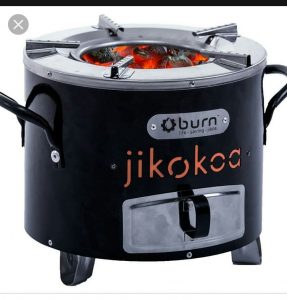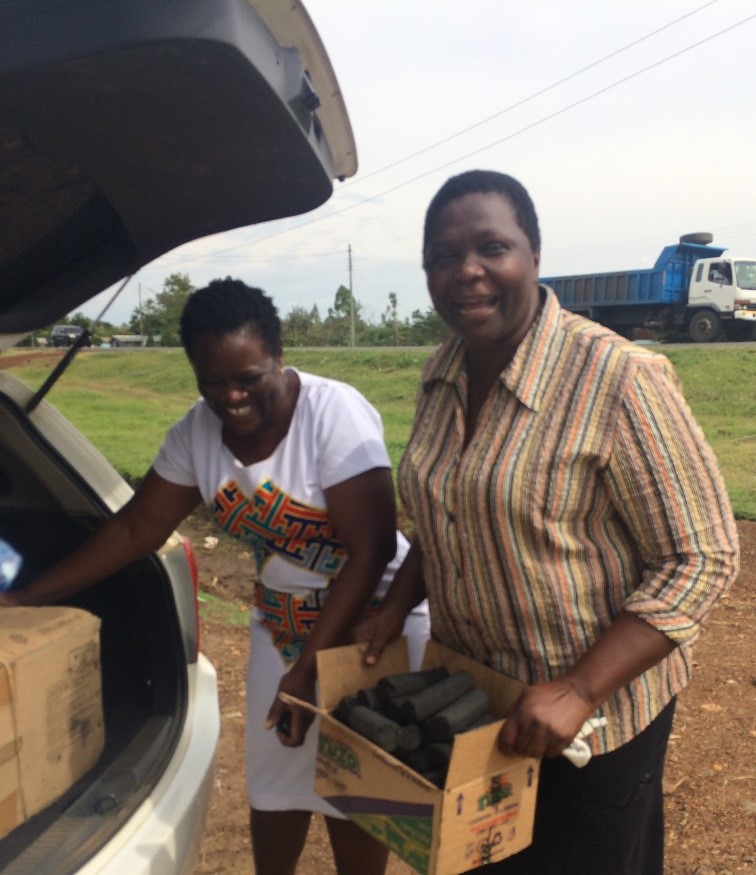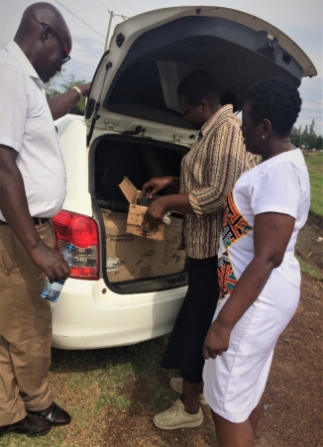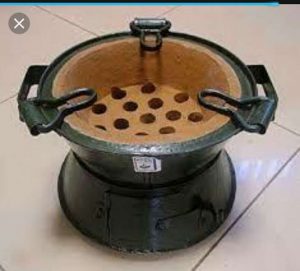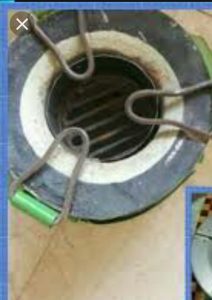A climate secure project to improve the livelihoods of women farmers in Kenya
Our latest project, raising funds to spread climate change tolerant, nutritionally valuable agricultural practice in western Kenya, provides a practical contribution to climate justice and helps to address the following questions:
- How can those who have contributed the least to climate change be protected from its worst effects?
- Will we be able to prevent climate change increasing poverty around the world?
- Even if the planet weren’t dealing with climate change, what could those suffering the effects of poverty do to improve their own lives, and the life of their community?
Global Footsteps is currently working with our long-time partner, the Aniga Women’s Initiative (AWI), based in Seme district of Kisumu County, in supporting their mission to spread the growth of Orange Fleshed Sweet Potato (OFSP ) in local farming. The crops currently popular in this area of Kenya tend to have a poor drought tolerance, and leave local diets lacking in Vitamin A, a crucial micronutrient, vital for eyesight. Many of the currently accessible crops also lack sufficient calories for growth and energy in children. When combined with a high incidence of HIV, a nutritionally poor, inadaptable diet has led to raised levels of child stunting, wasting, and night blindness, an issue exacerbated among female led households. The sweet potatoes the AWI intend to spread have a high level of Vitamin A, a much better drought tolerance, and are richly in calories, making them suitable for children, and those who need a more energy filled diet owing to HIV.
In Kenya, Sweet Potatoes are often regarded as a poor person’s crop, which has hindered their popularity. However, their ability to be grown as a secondary product, interspersed among different crops, makes them suitable for farming by women, who often disproportionately suffer the effects of poverty, and who tend to have poorer diets than men.
OFSP has a high sales value, and can be processed into flour, making it a profitable, as well as healthy and climate change tolerant plant. Global Footsteps’ work with the AWI will support the promotion of these sweet potatoes through the region, by creating groups of marketers and distributors who will set up demonstration plots to allow the local population to see how such a crop could benefit them. Training programmes on the use of and benefits of Orange Fleshed Sweet Potatoes are to be established, many of which will be aimed at mothers, who will learn how the vegetables can improve their child’s development and their own health and fortune.
Global Footsteps is seeking to raise £55,000 to fund the project, which will be led by and for Kenyans, with our outside support. The monetary value of the Aniga Women’s contribution to running the project is £20,000.
For background information about the Farming for the Future project read this post.

